Cordell Walker: Texas Scapegoat
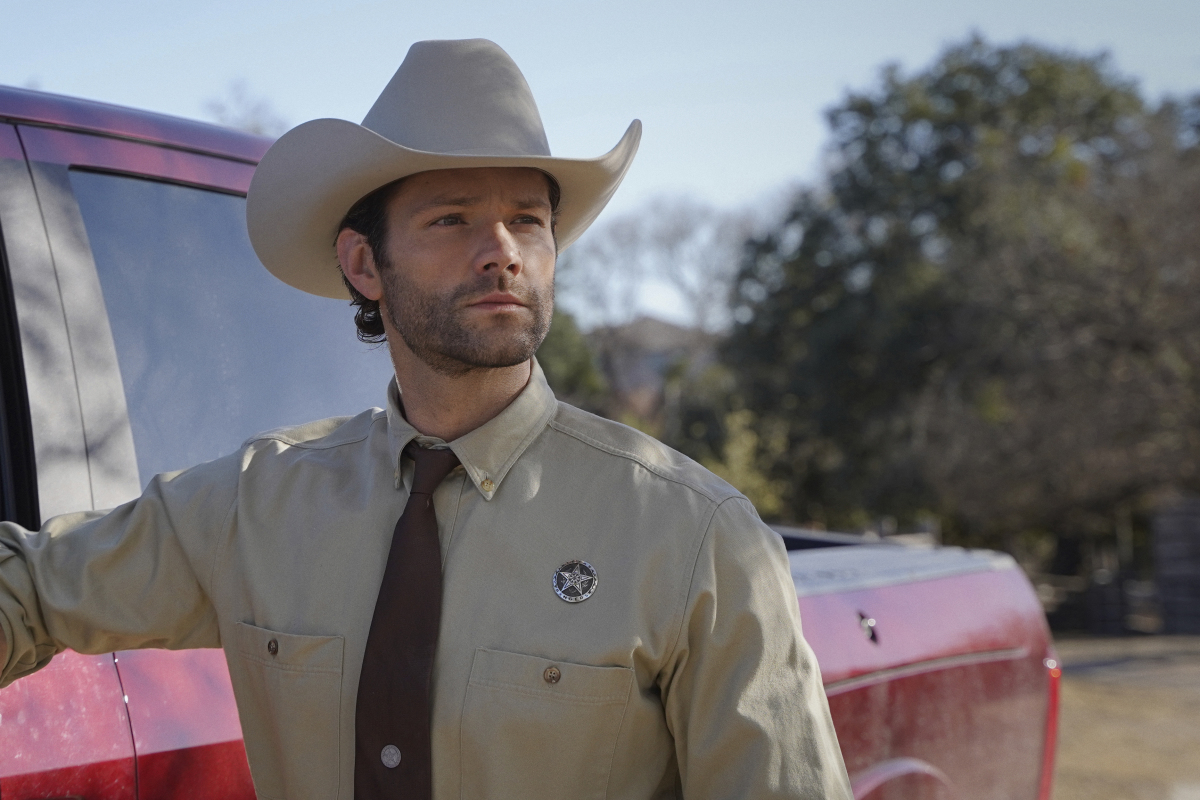
Walker’s main character, Cordell Walker, is introduced to us as a badass Texas Ranger who has a soft spot for his family. Walker is a man who commands respect because of his impressive record, even if he did have to bend and break a few rules to get things done. He’s well known by the community and loved by his family and friends.
Unfortunately, it doesn’t appear that anyone in Walker‘s cast of characters got this memo.
From the very beginning of the series, Cordell is put down, mocked, and ridiculed by those around him. While there are some good moments mixed in, it’s impossible to ignore that he’s being held to a ridiculously high double standard of morality and is constantly being told that he’s wrong. On the rare occasion that he is proven to be right, he never receives an apology or any kind of sympathy for what he’s been put through by the people who supposedly care for him. This creates a glaring contrast between what we’re shown versus what we’re told; it’s hard to believe that Cordell is the respected man he’s supposed to be when we rarely, if ever, see anyone granting respect to him. While I will admit that the poor treatment from Walker’s family improved in season 2, that was quickly overshadowed by his rocky love life and how he was treated by his coworkers. I want to spend a little time talking about why the decision to make Cordell the scapegoat of Walker is questionable at best and just poor writing at worst along with some examples of the poor treatment he has received over the past two seasons.
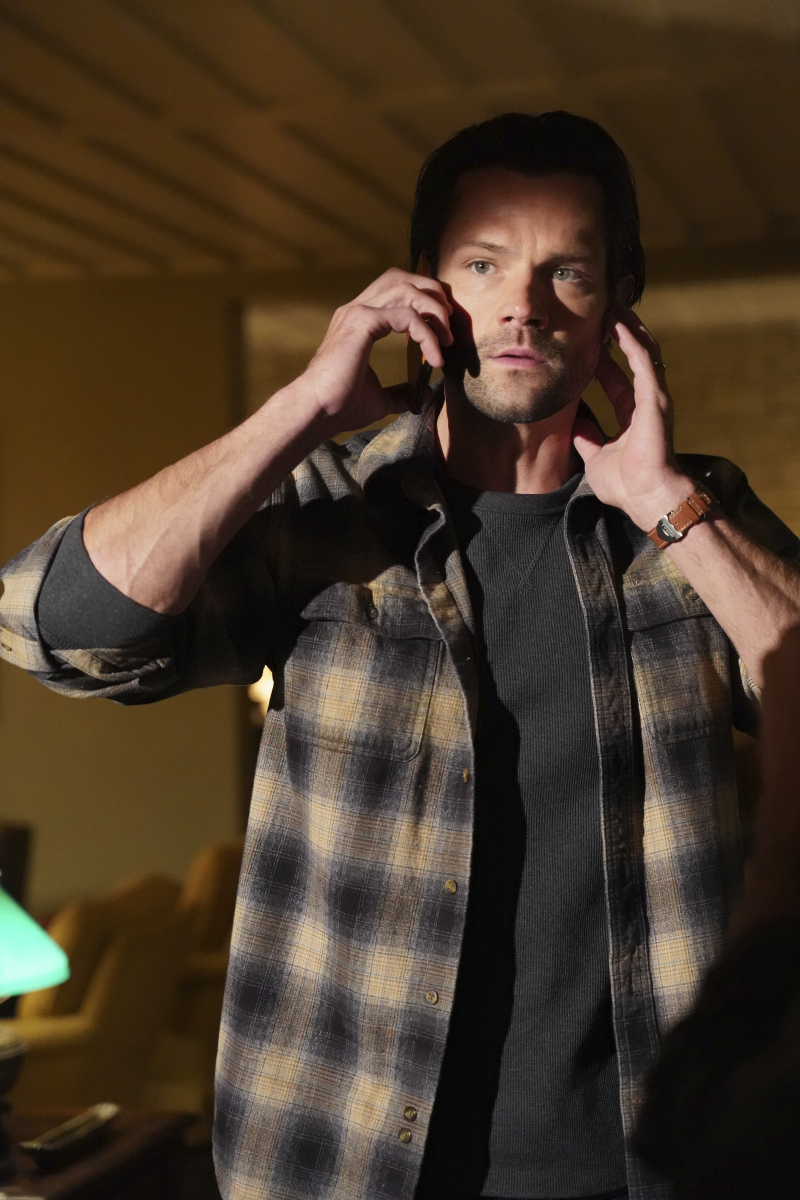
A big thread of season 1 that was almost constantly shoved into the audience’s face was “People should be held accountable for their actions.” This is all well and good; it’s certainly a lesson that some people could stand to learn in our current age. However, this lesson rings hollow when only one character in a cast of many is actually held to this standard. I’m not trying to say that Cordell is perfect and has never made any mistakes, but he does seem to be the only one who is expected to face consequences for them. There are some exceptions to this, such as Liam having to face up to Bret, and Abby and Bonham making things up to each other, but by and large Cordell is the only character expected to face consequences.
The best way to show this contrast is to compare how his mistakes are handled in the workplace versus his partners, Micki and Cassie.
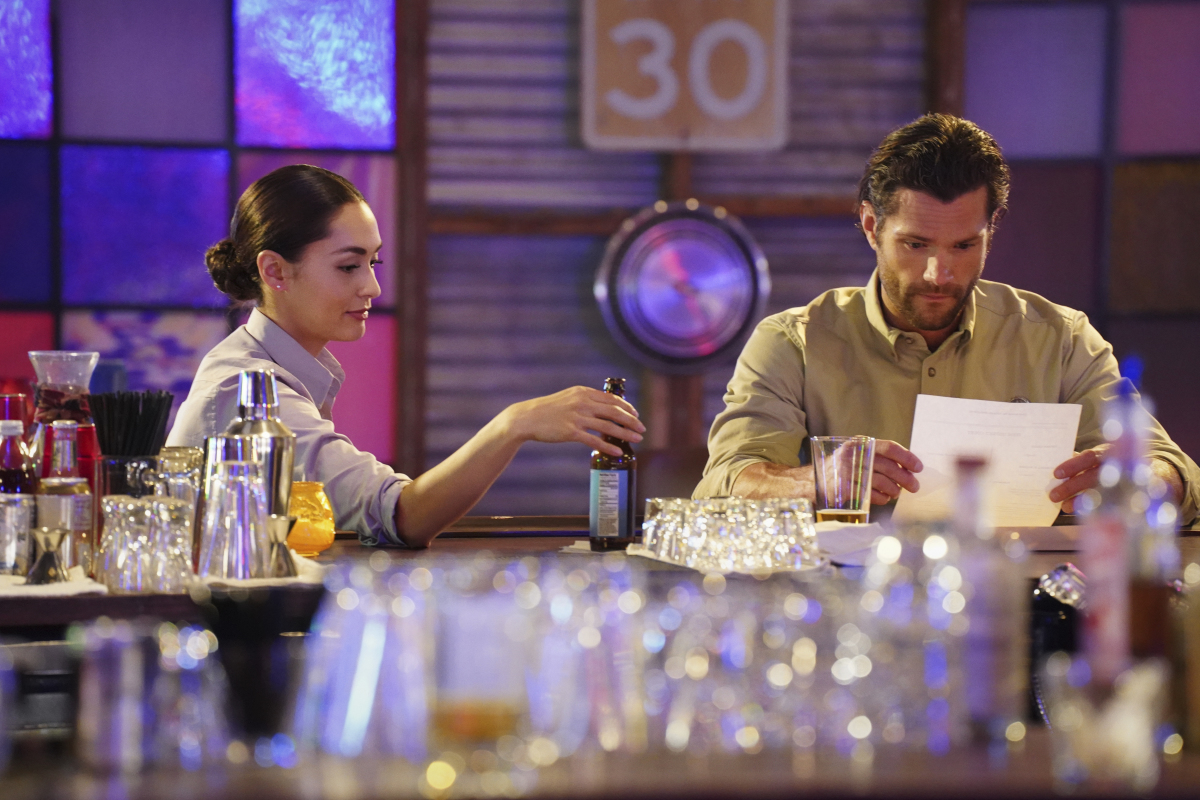
In the pilot episode, Cordell gets riled up and physically attacks a suspect when the man spits on him and threatens his daughter. In “Bar None” and “Defend the Ranch”, this comes back to bite Cordell in the form of a disciplinary hearing. At first, he plans to plead innocent since he knows that the judge will back him up because of his status. But even after Micki convinces him to admit his wrongdoing to the court (which is fair in this instance), he is at risk of losing his job if the court finds that he is truly out of line based on the situation at hand and statements made by his coworkers. The issue is so serious we even hear about it again in “Dig” when Cordell asks Micki why she never submitted her statement for the hearing.
This campaign of Cordell needing to face the consequences of his actions and better himself as a ranger is largely spearheaded by James with the help of Micki. While this is all well and good (who better to police the police than the police themselves?), it doesn’t look genuine when the same standards aren’t applied across the board.
In contrast to Cordell, Micki is free to do pretty much whatever she wants, whenever she wants, and faces no consequences. There are many examples of this but I want to talk about the most egregious examples here.
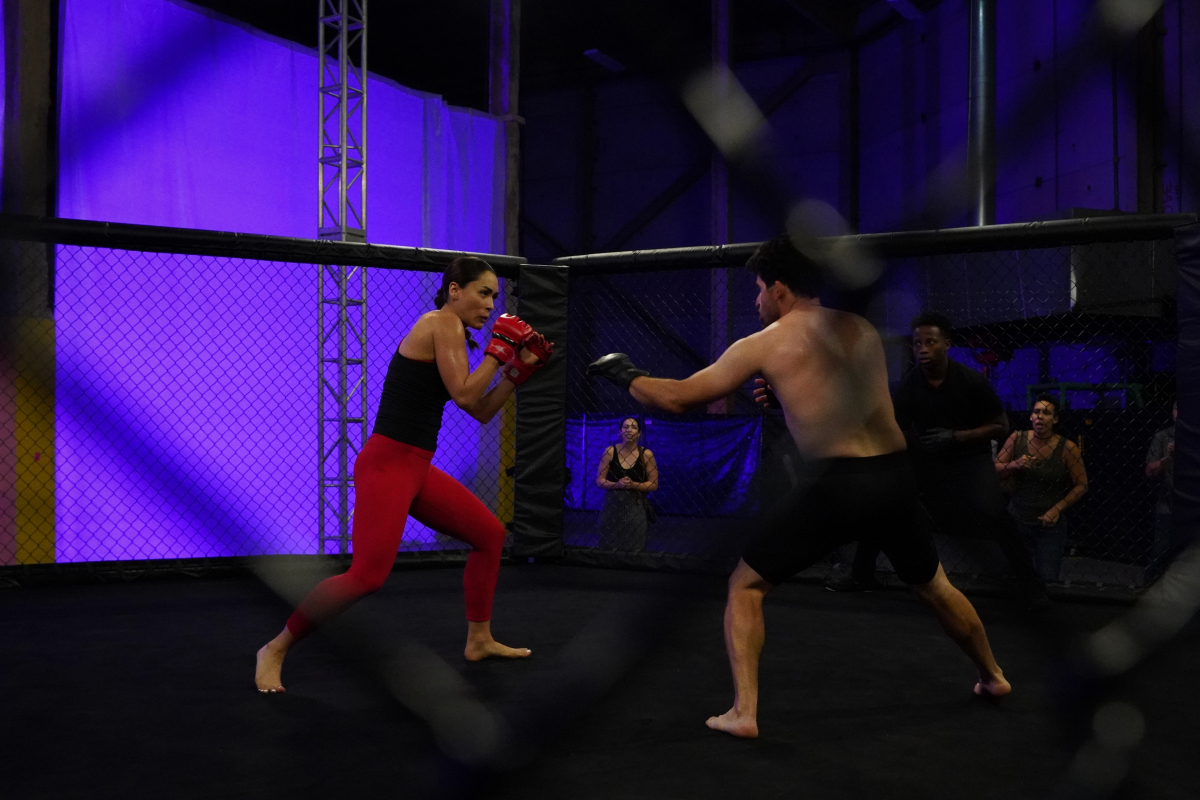
In “Mehar’s Jacket”, Micki puts herself on Captain James’ case looking for a missing veteran. When they eventually find him, he’s about to enter the ring in an underground, illegal fighting match in order to earn money. They don’t let him do that, for obvious reasons, but Micki offers a compromise so that he can still get his money: she goes and fights in his place. She argues they can use their leverage as law enforcement officers to get the ringleader to agree and when she wins, she can just hand over the money. James semi-reluctantly agrees but mentions that it will be a “DPS nightmare”. He then proceeds to cheer her on from the sidelines and we never hear about this incident again.
Later, in “Bad Apples”, Micki becomes frustrated with how slowly and carefully James is making his case against a corrupt police officer and she decides to take things into her own hands. She goes as far as to trespass and get photographs of the cop making deals with criminals. Throughout the episode, James repeatedly tells her to slow down, trust him, and do as he says, but she ignores him and even tells him to his face that she doesn’t trust his method. In response, James does….nothing. This is a very sharp contrast to “Bygones” in season 2, when Cordell shows up a little late to work (with good reason), then politely questions his Captain’s reasoning for bringing Twyla onto a case. This is enough to send James into a rage during Trey’s “therapy” session.
This trend continues with Cassie from her very first episode, “Nudge”. In this episode, Cassie tases Cordell and shoves him in a trunk when she mistakes him for a criminal. She proceeds to engage in reckless driving techniques (while driving a stolen car mind you) in order to “interrogate” him. When he pulls the emergency brake to get her to stop, she’s furious with him for doing something so dangerous, even after he points out why he did so. Later, in James’ office, Cassie is congratulated on her ability to handle the situation while Cordell is ignored and told he needs to be the bigger man and be more sympathetic to her loss. Despite the fact that she was on Leave of Absence for the majority of the episode, she does not receive any disciplinary action for acting as an officer of the law or working a case that she was not assigned to and is even cheerfully welcomed by Cordell’s own family.
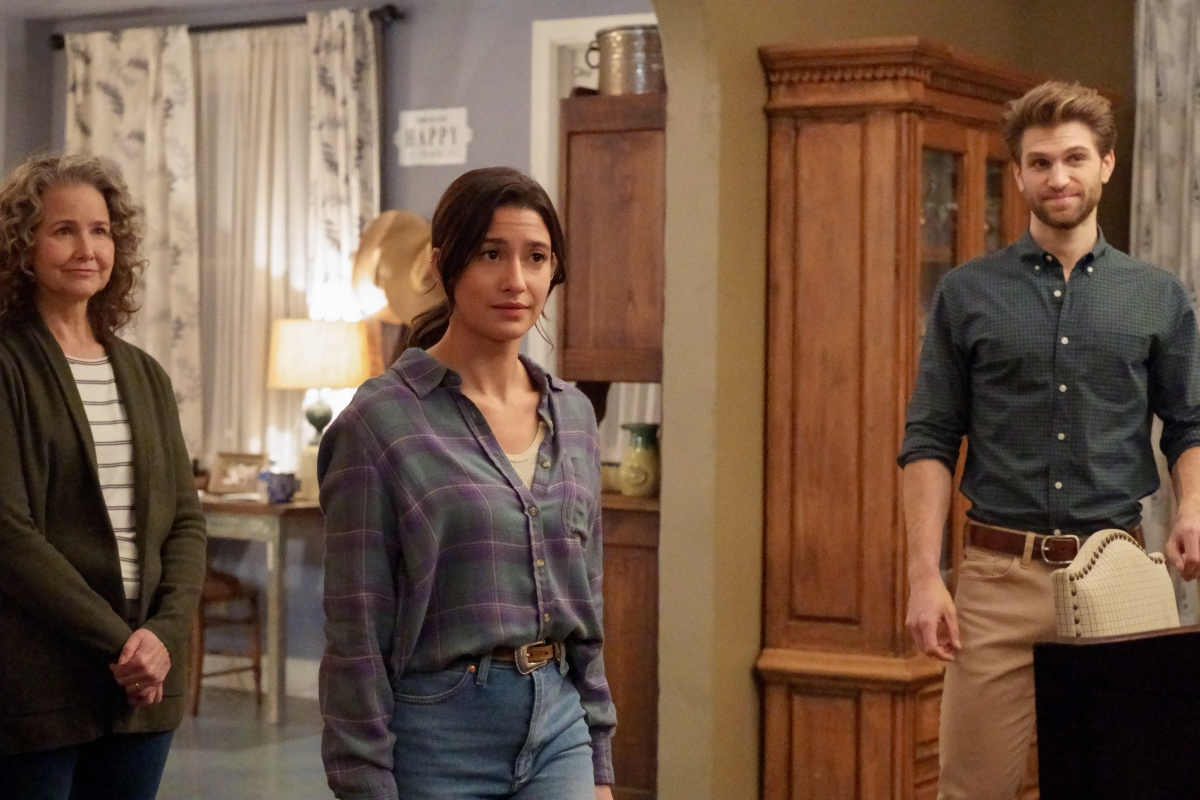
Contrast this to how Cordell is treated during “Four Stones in Hand”. He is also on Leave of Absence, but he feels compelled to help Micki’s biological mother when she reaches out. He decides to take her case out of the goodness of his heart (and maybe because he’s a little bored) and starts with tracking down the lead she gives him. This leads him to an abandoned property that he attempts to trespass on to get a better look. He is promptly arrested and taken into custody to wait for someone to get him out. Micki then gets on his case for not only meddling in affairs that she told him to stay out of (which is fair) but also for…being “let off easy” because he’s white.
Both Cassie and Cordell were on Leave of Absence. Both Cassie and Cordell were investigating cases they weren’t supposed to be involved with. But, while Cassie was praised for her efforts and given a badge, Cordell was shamed for his actions and constantly reminded that his actions have consequences.
I would also like to point out that both of his partners have asked him to do questionable things for their own gain. Micki asked him to break into a suspect’s house to look for evidence, despite not having a warrant and the fact that he was on Leave of Absence in “Four Stones in Hand” (and then later she got mad at him for doing so which is…interesting). In “No Such Thing as Fair Play”, Cassie told him to grill her former captain for answers about Miles’ alleged death and guilt tripped him when he expressed concern over losing his job if things went wrong.
Larry James, his former partner, deals out a lot of his mistreatment in the workplace. Despite the fact that he and Cordell were partners on the force for many years, James seems to have absolutely no faith that Cordell can do his job properly. In “Bobble Head”, James questioned Cordell’s logic in speaking with Hoyt informally to get information and sent Micki in to “check his blind spot”. Later, Cordell’s day off with Hoyt ends up being fruitful as he was shown a second location where the illegal gun sale was happening. Despite this, Cordell is not given any credit for completing the job and is even given a lecture about how he can’t protect Hoyt from the consequences of his actions, even though he never made any indication that he wanted to do so. James also always gets on Cordell’s case about doing things by the books while letting Micki and Cassie run wild with no threat of consequence. This is particularly bothersome since a major part of James’ character is that he wants to weed out corruption in law enforcement. How can he do that effectively if he’s constantly turning a blind eye to the ones who need his guidance the most?
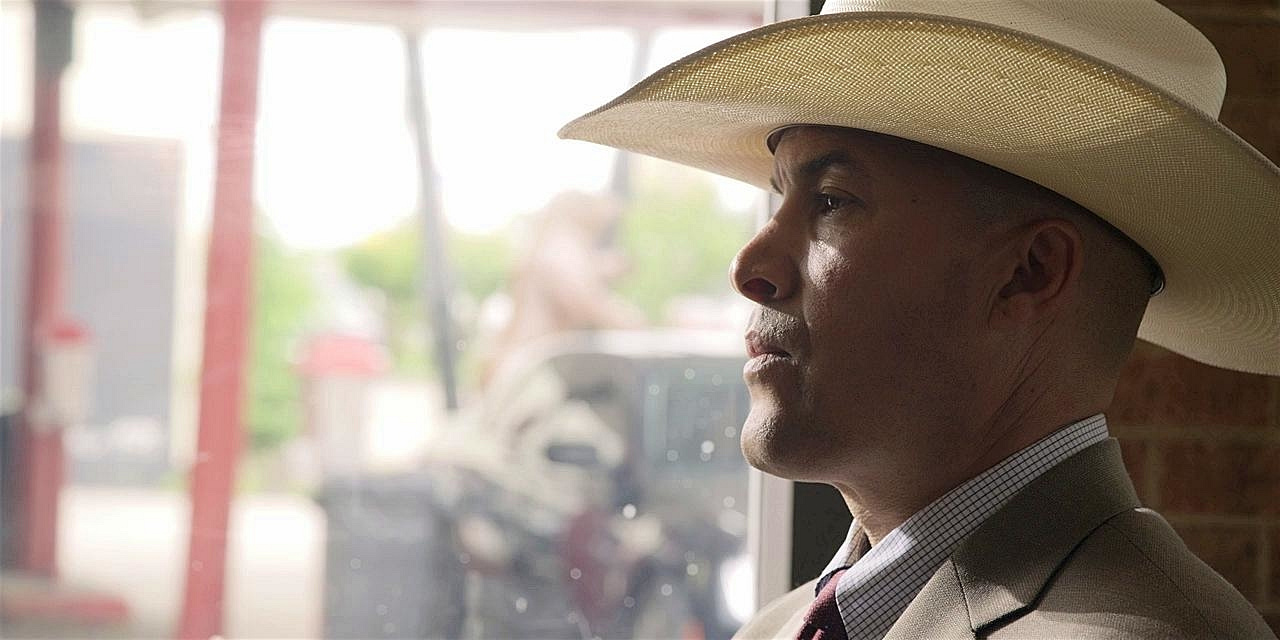
It’s strange to think that Stan Morrison, the man who killed Cordell’s wife, seems to have more respect for Cordell than anyone else he’s worked with. Prior to his confession, Stan lauded Cordell as one of the best rangers the DPS had at their disposal. Even after he was carted off to jail, Stan managed to be respectful and even helped Cordell find the man who shot James.
Cordell also faced this unfair treatment in his personal life. With his family, Cordell is expected to shoulder the blame for any problems or issues that arise regardless of how much fault he has in the situation.
From the pilot episode onward, his family routinely talks down to him and tries to force him into their own way of thinking. Even when he’s proven to be right, there’s no acknowledgement of it. There is also a blatant refusal to acknowledge any role they have to play in the actions Cordell takes.
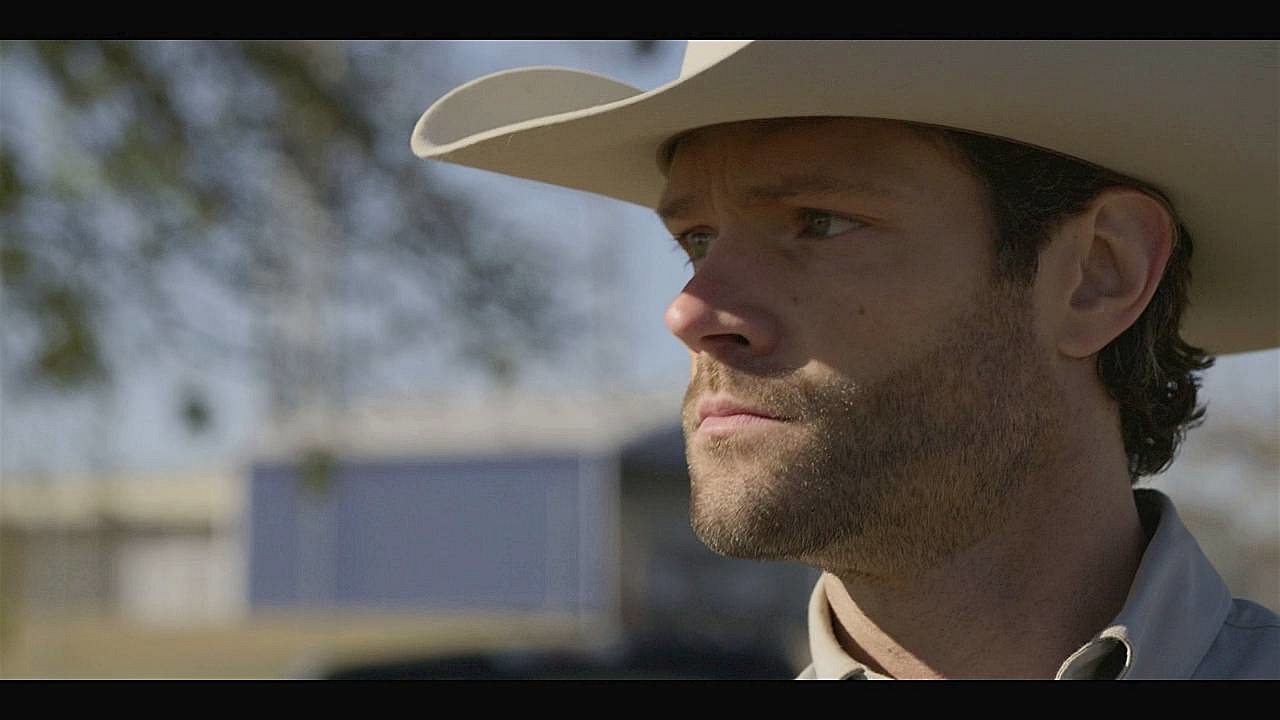
The earliest example of this comes during “Back In The Saddle”, when Abby tries to force Cordell into officially moving onto the ranch with them instead of back to his house in the suburbs. Despite all his valid reasons for wanting to do so, including the fact that he still has a mortgage to pay, she doesn’t listen. Instead, she tells him to stop being selfish and think of his children rather than pushing decisions onto them. The irony of this doesn’t seem to faze her.
We also learn in this episode that the poker chips left on Emily’s body were actually from a set that she bought him for Father’s Day. She’d been carrying some pieces around in her pocket to show people. The way August describes it, this is something that multiple people would have known about, including his family. However, no one told him about this, despite the fact that he actively and openly questioned this detail about her death. For nearly a year, he was left to worry and wonder about this and no one gave him the answer he needed to substantiate his suspicions.
This attitude continues with the rest of the family throughout the season. From Liam repeatedly insisting that Cordell drop Emily’s case despite picking it up himself later, to Stella repeatedly disrespecting him with no consequence, it seems like his own family is against him. The exception I will give in this scenario is Bonham; while he doesn’t often butt in, he often comes to Cordell’s defense when he does.
The worst example of this behavior from the Walker family is revealed to us during “A Tale of Two Families”. After Emily’s death, Cordell is lost and floundering. His wife, the love of his life, the mother of his children, his soulmate, the port in his storm, is gone and he doesn’t know what to do without her. He’s convinced there’s something off about her death and, since no one else is looking into it, he decides to do that on his own. He falls into unhealthy coping mechanisms to “deal with” (avoid) his pain, including drinking and overworking himself. His family watches him spiral for a while without doing much to help him. This all changes when Stella and August find him asleep in the parking lot of their school while waiting for him to pick them up. Stella decides that he’s been doing this for too long and that he needs a wakeup call to how his actions are affecting the rest of them. To deliver this call, she decides to stage a situation where he “fell asleep at the wheel” and damaged the hitching post in front of the main ranch house. August protests the idea at first but does nothing to stop it and keeps up her lie afterward.
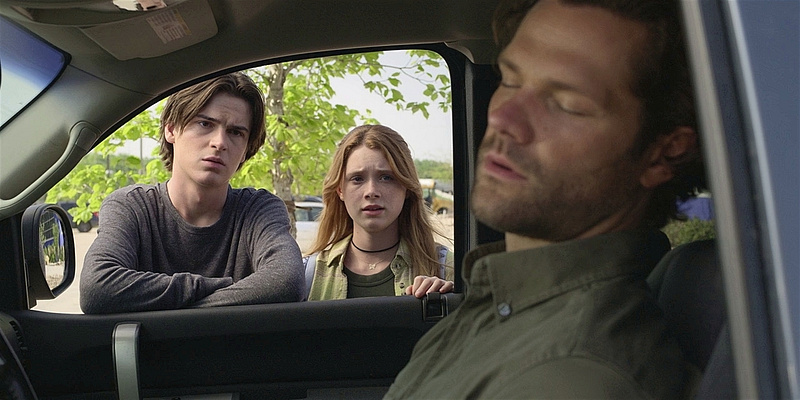
This “crash” leads to an intervention with him, his family, and his work colleagues. During this, Cordell is told by everyone that he’s messed up one too many times and that he needs to hurry up and get his act together. He gets defensive, as anyone would, and tries to explain himself. He tries to get them to listen to him and understand where he is coming from. None of them do. Instead, they focus on how his actions are affecting them and brush off his questions and concerns. None of them offer sympathy or healthier coping mechanisms that would benefit everyone. Instead, they harshly judge and condemn him for not figuring everything out on his own.
This ultimately serves to do nothing but drive him away on an undercover mission that he isn’t even remotely in the right mental state for. He stays away for ten months on a mission that should’ve taken him half that time. And when he finally does return home, it is to nothing but more judgement and scorn. Now they are mad at him for being away for so long on top of everything else. While I can understand that much, there should’ve also been some acknowledgement for the part they had to play in driving him away from his home. If they’d given him compassion and understanding instead of judgement and ridicule, he likely would’ve never left at all, or at the very least, would’ve returned sooner.
It also looks like Cordell started to internalize the guilt that his family placed on him. While he is a man that has made mistakes in the past and he likely will again in the future, he takes most accusations laid at his feet very easily, rarely pushing back against them. He also has a habit of easily letting go of the mistakes others make, regardless of the size or whether they’ve faced any consequences for it. He rarely even goes as far as to seek an apology. For example, he repeatedly lets Stella get away with breaking the rules with little to no consequence aside from some harsh words. I wouldn’t call him a doormat just yet as he has displayed a backbone a few times but it seems to have worn him down over the course of the show.
The biggest example of this to date is the end of “Defend the Ranch”. Cordell takes the blame for the hostage situation and for Hoyt’s death. He doesn’t want to cause his family any more pain, so he quits his job. After all, if he’s not arresting criminals, they can’t want to come after him for revenge. This logic, while simple, is twisted and ignores the agency of nearly everyone else involved in this scenario. How would things have been different if Clint had accepted his own fault in Crystal’s death? If Micki or James had acted on their own instincts and come to Cordell’s aid earlier? If Hoyt hadn’t assumed Clint was dead during the shootout? But we’re not supposed to ask those kinds of questions; we’re just supposed to place singular blame on Cordell and move on.
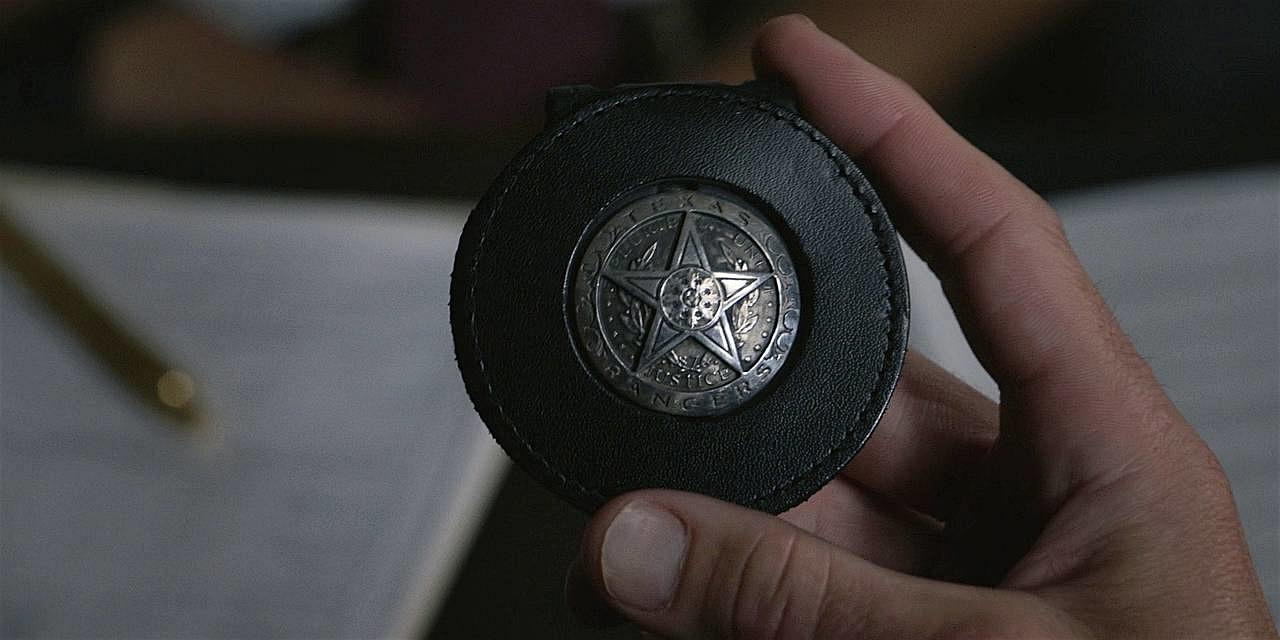
I do want to say that I think his involvement in the barn fire that allegedly killed Marv and the drama surrounding that whole circus likely had an impact on this aspect of his character as well, but I don’t want to ignore the present-day factors.
I’m not going to make any comments here about the writing staff or Anna Fricke except to say that I heavily disagree with how they’ve chosen to tell this aspect of Cordell’s story. I respect the writers’ desire to call out police corruption, especially in the higher ranks of law enforcement but, as I mentioned previously, the message doesn’t work if that rule only applies to one character.
The protagonist of a story is usually viewed as the hero. Even if they aren’t, they’re usually the person that the audience is supposed to sympathize with or relate to. Having a flawed protagonist is a good thing. Allowing the protagonist to be called out and face consequences for their mistakes is excellent. Dogpiling the protagonist with guilt and blame that doesn’t belong to them while other characters get to do as they please without consequence is not a good thing. It doesn’t make sense for the writers to tell us that Cordell is a character worthy of respect while always showing that no one gives it to him. This also has the side effect of painting the other characters in a negative light as they end up being shown as hypocrites over and over again. I will give the writers credit for improving the relationship between Cordell and his family this season, but they still have a long way to go in my opinion. I hope season 3 and beyond bring more improvements in this regard.
Audience reaction to this particular element of the story is something important to consider. For me, it takes me out of the story a bit because of the mental gymnastics that has to be done to justify/explain why Cordell is being held to a different standard. Fellow WFB writers Gail Martin and Nightsky have also pointed this out in their previous Walker reviews and I’ve seen that sentiment echoed during fandom discussions on other platforms.
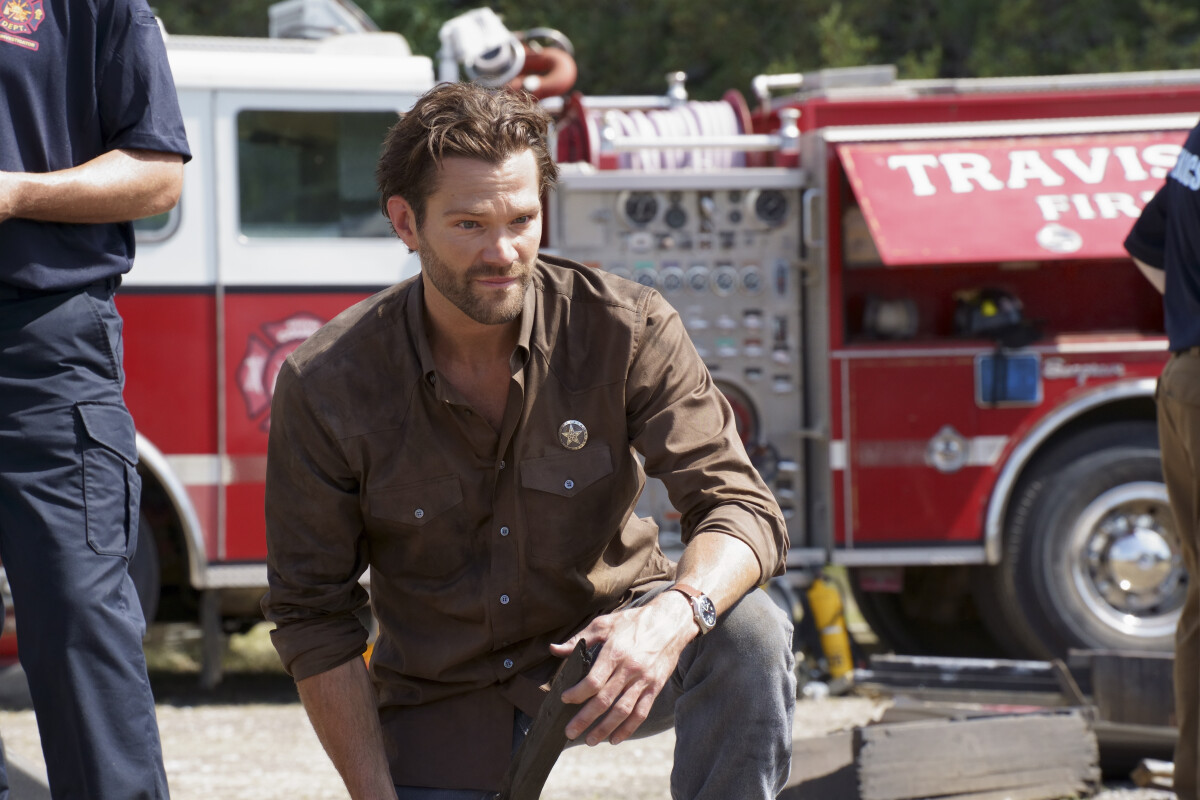
What do y’all think? Am I right or am I being too sensitive? Is there any hope of improvement here? This aspect of the show has always bugged me and I’m curious to see if others feel the same.
Catch up on Walker’s Episode Reviews, Character Profiles, Photo Gallery, News and Spoilers on The WFB’s Walker Page!



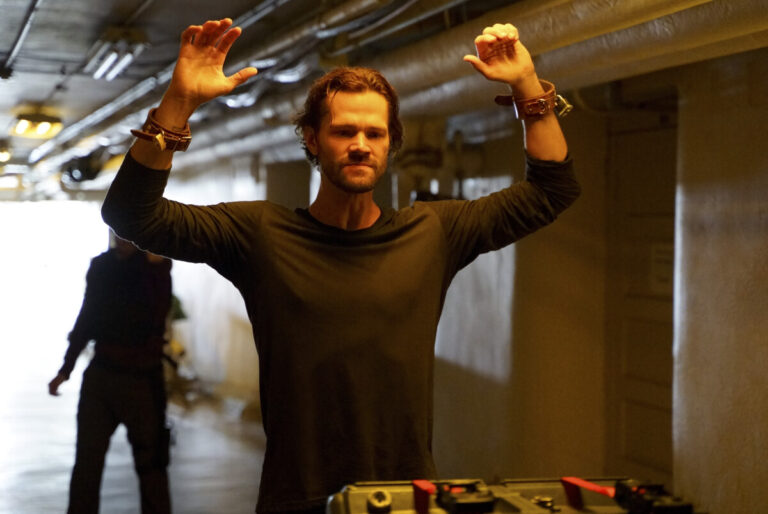

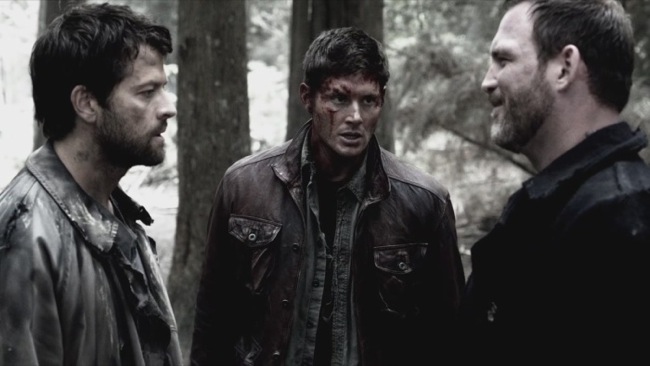
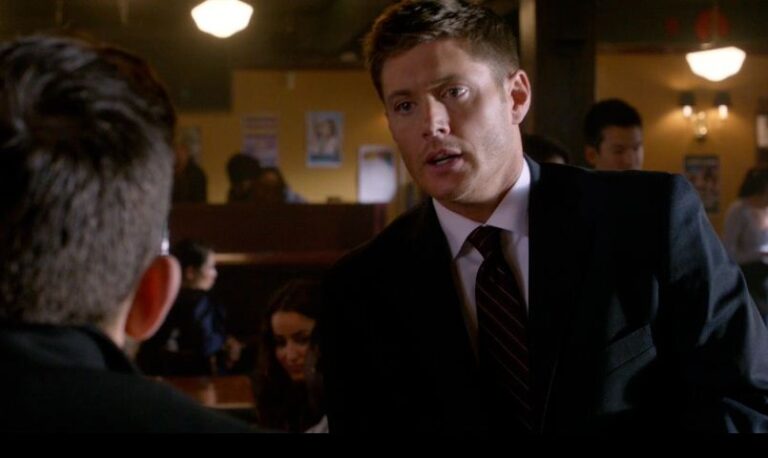
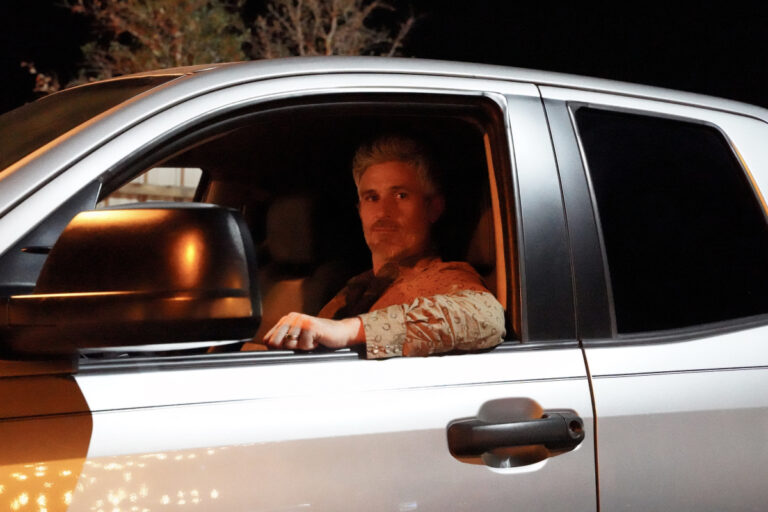
Leave a Reply